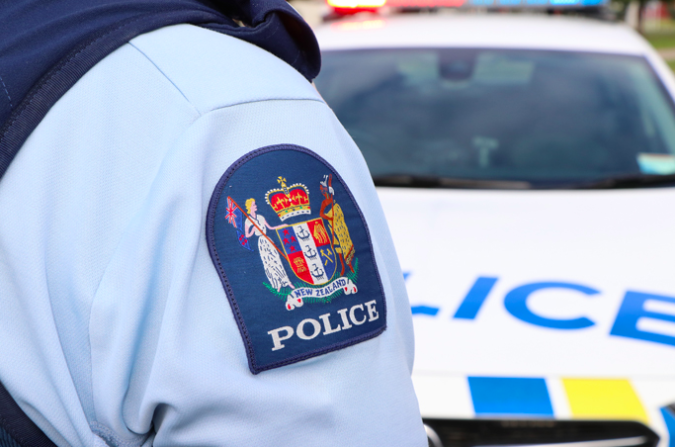Major change to drug laws still needed despite Police report showing some progress

The NZ Drug Foundation says a Police report into the impact of changes to drug laws in 2019 shows that despite some positive improvement, huge inequities remain, and major change is needed for New Zealand to take a health-based approach to drugs.
“The good news is these changes have led to a decrease in prosecutions in favour of warnings and other referrals. Given we know convictions do nothing to deter use, this is progress and shows that Police are trying,” says Executive Director, Sarah Helm.
“But overall, the key takeaway for me is that we still haven’t got it right.”
“This isn’t a shift to a health-based approach to drugs with a clear set of laws so people know where they stand. Discretion is by its nature inconsistent, with the highest burden of that inconsistency falling on Māori and young people. We can do a lot better than this. It’s time to replace our outdated drug laws and replace them with a system that helps us to reduce drug harm.”
The data shows that most people who are prosecuted for low level drug offences are young people 18-30 and that Māori make up 37% of prosecutions, despite making up only 17% of the population. The report also shows inconsistent application of discretion by each police district.
“We are still seeing inconsistent and hugely inequitable outcomes following these changes, particularly for Māori,” says Helm.
“Overseas data is now showing very clearly that the way to deal a death blow to ethnic disparities is decriminalisation. While the police are clearly trying to apply the law more evenly between Māori and non-Māori, the reality is they are picking up disproportionately more Māori, leading to worse outcomes."
Helm says the report does show some overall improvement, with prosecutions declining in favour of warnings and other referrals.
“But this isn’t the silver bullet, and in reality the percentage reduction is small. There has only been a 15% fall in the mean number of prosecutions per month for low level drug offences since the amendment to the Misuse of Drugs Act in 2019.
“The high number of youth referrals is also concerning. A young person caught with a small amount of cannabis is treated very differently from a young person caught with alcohol, yet both are too young to be consuming these substances. The harm of being caught up in the justice system outweighs the harm from the substance itself. In the case of cannabis, I think most parents would agree that they would want to be informed and allowed to address the issue themselves.
“It is also interesting to see the high proportion of prosecutions for possession of drugs like MDMA and LSD. LSD is a class A drug, but is generally regarded as very low harm and the consequences of consumption are most likely to be on the person who consumes it alone. It is concerning that the drug is classified in the way it is and that people are being prosecuted for possession of it. The classification system bears very little relationship to harm caused and risk of dependency.
“As further evidence of the inconsistency of discretion, 51% of methamphetamine cases were prosecuted where there was little or no prior offending, 65% for LSD, but only 12% for cannabis. There is no logic applied here."
Recent news

Untreated ADHD leading to addiction and drug harm
A new report shows New Zealand’s failure to adequately diagnose and treat ADHD is likely leading to significant drug harm, including from alcohol and nicotine.

Report: Neurodivergence and substance use
Our latest report pulls together international evidence and local experiences of how neurodivergence impacts drug use

What researchers at University of Auckland are learning from giving people microdoses of LSD
‘Microdosing’ psychedelics involves taking small, repeated doses of a psychedelic drug. Researcher Robin Murphy talks us through the latest Auckland University microdosing study.

